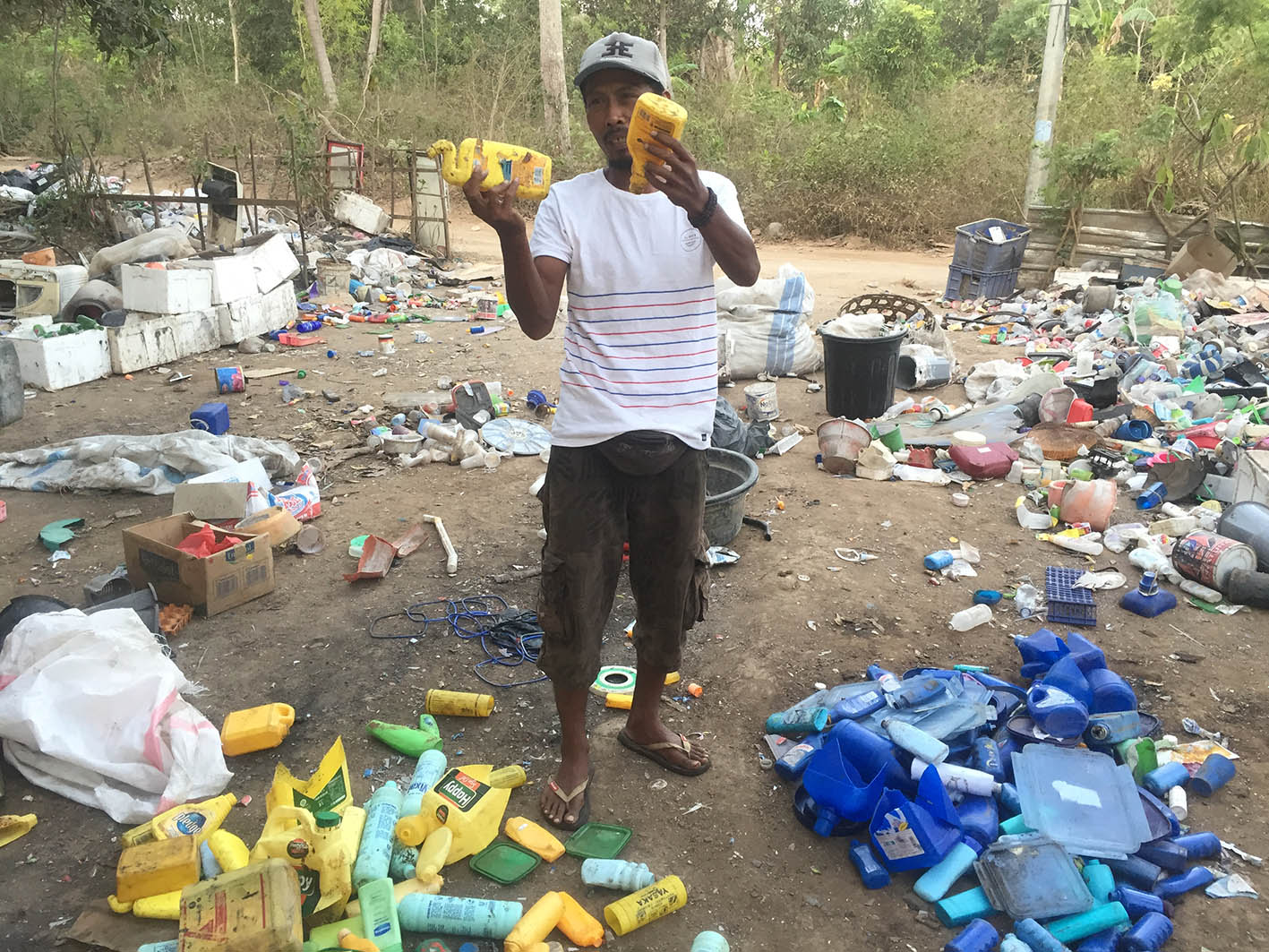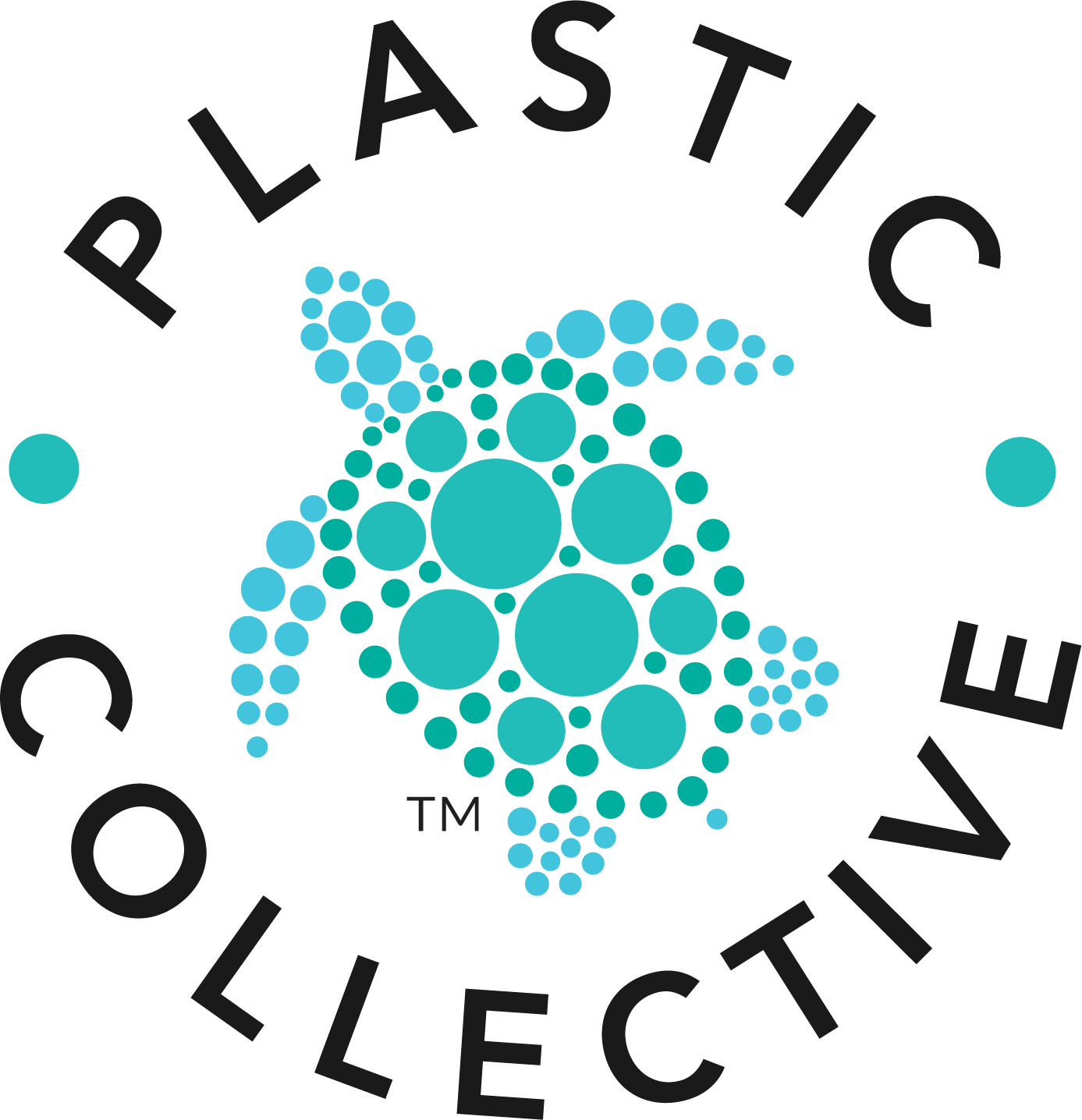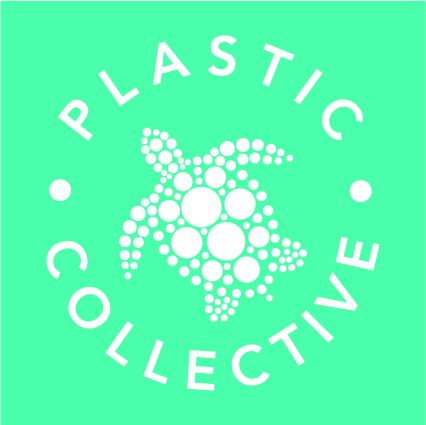Social-Plus: A new Standard for improving waste picker conditions

The estimated 20 million waste pickers operating around the world [1] provide around 60 percent of the global collection volume for plastic recycled material [2]. However, waste pickers receive little to no recognition for their essential contribution to circular economy, environmental protection, and collection services. They work in high-risk conditions and are exposed to market price volatility, exploitative work conditions, discriminatory treatment and suffer disproportionately from climate change impacts.
The new Social-Plus Standard is designed to support the work of organisations wanting to engage with waste pickers (referred to as “Independent Collectors”[3] (ICs) in the Standard) more ethically by:
- Increasing representation and bargaining power;
- Increasing regular income and proof/traceability thereof;
- Improving Occupational Health and Safety;
- Keeping children off work;
- Providing administrative and financial support; and
- Providing training
For brands wishing to make claims, the new Standard is a mechanism for ensuring that social and ethical criteria and price premium are demonstrably applied all along the value chain up to the very first level of material sourcing, even when this first level is informal.
The Standard has been made available for use and adaptation by other entities beyond those certified by Zero Plastic Oceans programs, under Creative Common licence (CCBY 4.0) terms. This means that it can be used freely to enhance similar provisions in other standards being applied by an organisation, such as the Verra Plastic Waste Reduction Standard.
The key requirements of the Social-Plus Standard are as follows:
- Independent Collector (IC) compensation – the organisation must purchase collected plastic waste from ICs at the market price plus a premium. The premium shall be at least 10% above market price.
- Appoint an IC Community Manager – needs to be at least one manager at each organisation (each manager will be responsible for 30 to 50 ICs). Manages the relationship with the IC community and represents IC interests within the organisation. Where ICs are organised in groups, the IC manager must have direct contact with each individual IC in the group.
- Community Manager record keeping – managers must maintain up-to-date records of each IC they work with (and obtain prior consent to do so). They must explain to the ICs the benefits and obligations related to their participation in the Social -Plus Standard and record IC acknowledgement thereof.
- Keep children off work – The organisation must work with ICs to remediate Child Labor cases by providing solutions that are sufficient and sustainable to ensure children remain off work and are provided with the proper childcare and education. Community managers shall regularly visit sites to identify child labour cases, and then verify implementation and effectiveness of the solutions provided by the organisation.
- OH&S – The organisation must conduct an occupational health, safety, and tool/collection practices efficiency assessment, to identify the main risks to which ICs are exposed while performing their collection activities. It shall then implement appropriate solutions and monitor their effectiveness on a regular basis. The organisation must also maintain a first aid kit and basic pharmaceutical products/medicines at collection sites, and offer ICs and their families the option of annual medical monitoring and routine treatment.
- Administration – the organisation needs to keep track of the payments made to ICs and establish a simple contract for signature by those ICs who are willing. The organisation shall also provide domiciliation for ICs requiring if for paperwork purposes (where legally feasible to do so), and facilitate access to microloans where requested.
- Contracted suppliers and small collectors – these groups can optionally be brought into the scope of the Standard by measures including appointment of IC community managers on site, provision of training.
- Independent annual audit – to be formally certified under the Social-Plus standard, organisations must be audited by an approved third party each year. The Standard recognises that some of the requirements may take a long time to be fully implemented, and specifies some flexibility in certain provisions for the first audit.
The Zero Plastic Ocean Social-Plus Standard and associated implementation guidance can be found here. Plastic Collective is starting to work with some of its waste management projects to implement this new Standard as a means of instilling greater rigour, transparency and responsibility around waste picker conditions. Please contact us if you’d like to discuss how applying this Standard might benefit your project or brand.
[1] https://www.reuters.com/sustainability/society-equity/how-waste-pickers-are-helping-win-war-plastic-pollution-2023-0
[2] GlobalRec, the international alliance of waste pickers.
[3] Independent Collectors are defined as individuals or very small groups collecting and selling quantities lower than 200Kg of OBP per day on a monthly average.

